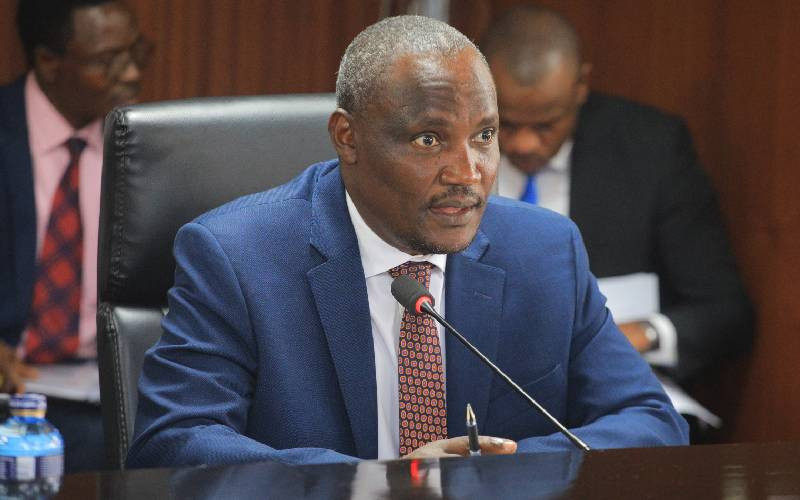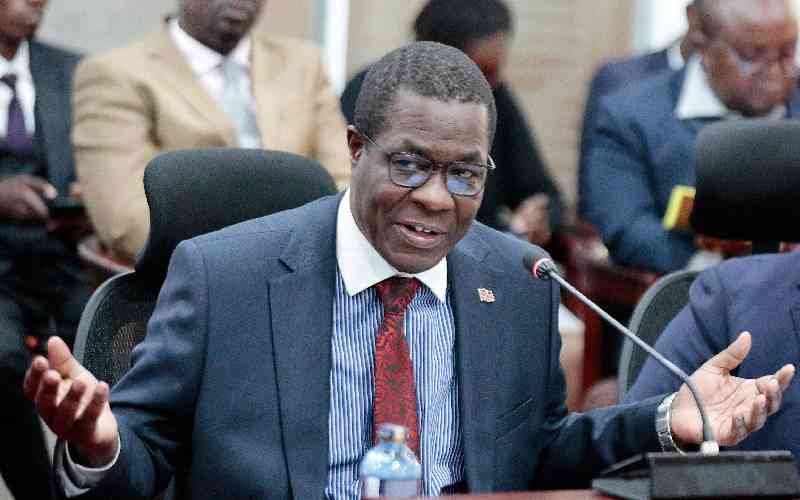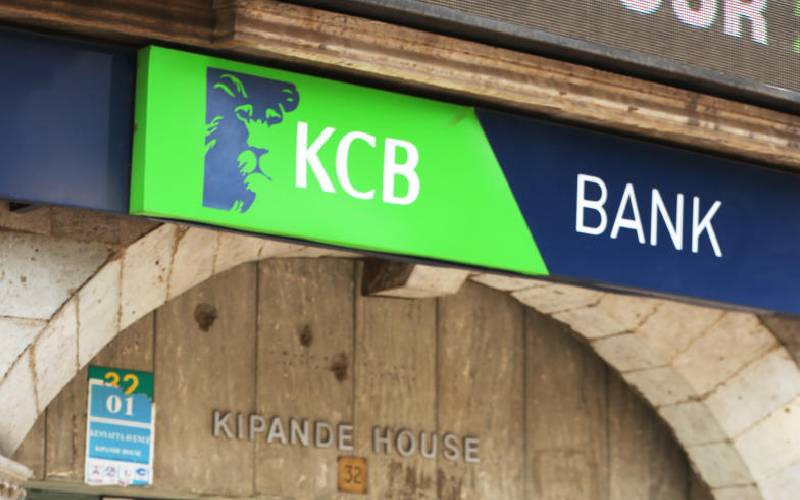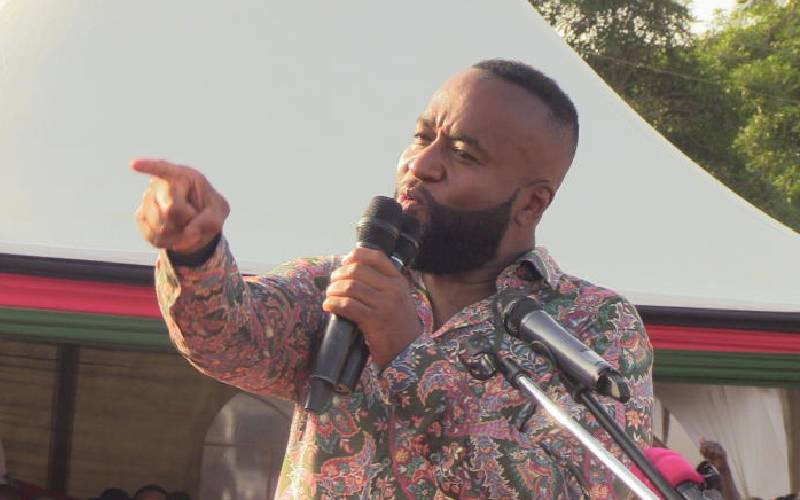×
The Standard e-Paper
Kenya’s Boldest Voice

Equity Group Chief Executive James Mwangi recollects with a smile the lowest moment when Equity Bank, then Equity Building Society, was declared technically insolvent by the regulator.
He says the 1993 difficulties that saw Central Bank of Kenya make the decision on the bank only served to awaken his entrepreneurship journey.







